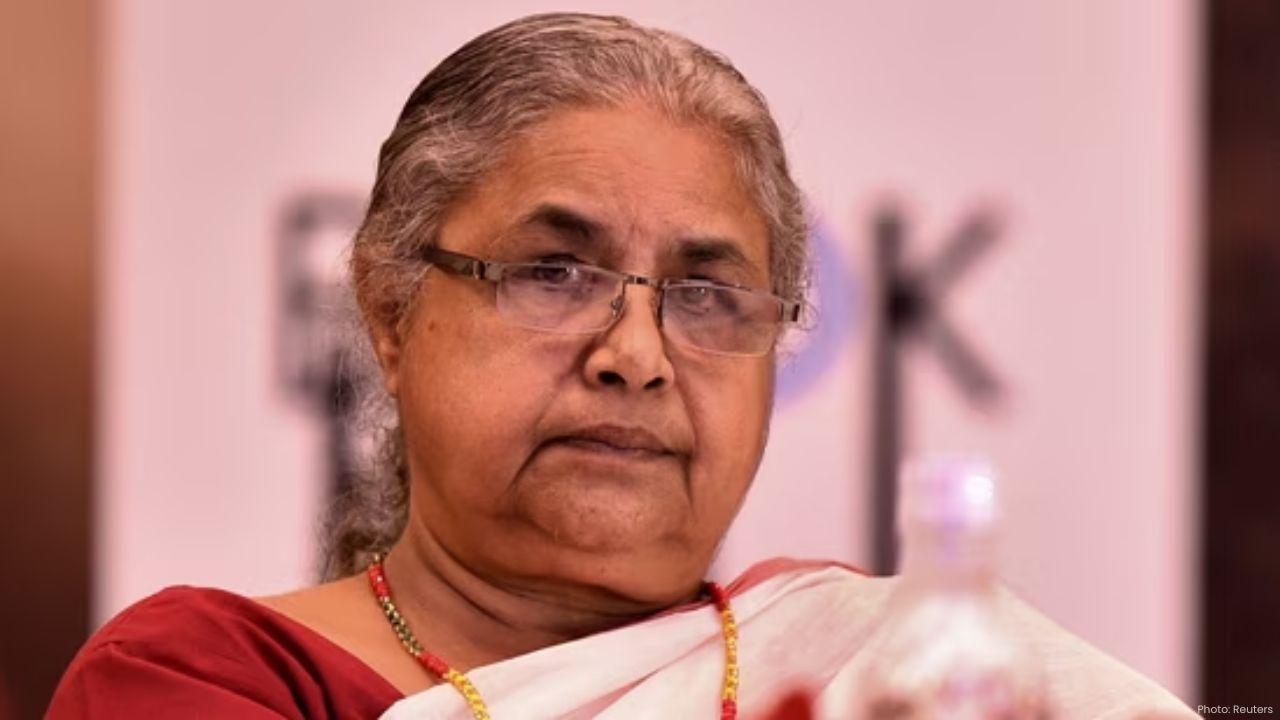
Post by : Mumtaaz Qadiri
Former Chief Justice Sushila Karki has become the first woman to lead Nepal as Prime Minister. She was sworn in as the interim head of government at a ceremony held at the Rashtrapati Bhawan in Kathmandu. This appointment came after several days of uncertainty and political discussions. Many people had been waiting to see who would guide Nepal through its current crisis, and Ms Karki’s selection ended the long speculation.
Historic Moment For Nepal
With this step, Nepal has made history by giving the position of Prime Minister to a woman for the very first time. For many Nepalese citizens, especially the youth, this was a sign of change. The event has been described as not only political but also symbolic, showing a fresh start after a week of intense protests and turmoil.
Elections Announced For March 2026
After the swearing-in ceremony, the interim government decided that Nepal will hold its next general elections on March 5, 2026. This decision is seen as an important milestone because it sets a clear timeline for the people and political parties. Until then, Ms Karki and her interim cabinet will manage the country and try to restore order.
Leaders Present At The Ceremony
The oath-taking ceremony was attended by President Ramchandra Paudel, Vice President Ram Sahay Yadav, and Chief Justice Prakash Man Singh Rawat. India’s Ambassador to Nepal, Naveen Srivastava, also came to congratulate the new Prime Minister. The presence of these leaders highlighted the seriousness of the moment and the importance of this transition for Nepal’s democracy.
India Extends Support To Nepal
Soon after the announcement, India welcomed the new interim government. In a statement, India’s External Affairs Ministry said that it hopes the new leadership will bring peace and stability to Nepal. The statement also reminded people that India and Nepal are close neighbours, long-term partners, and democracies that share many values. India promised to continue supporting Nepal’s progress and prosperity.
Consensus After Intense Negotiations
The Office of the President said that Ms Karki’s appointment was based on consensus. This agreement was reached after discussions between President Ram Chandra Paudel, Nepal Army chief General Ashok Raj Sigdel, and representatives of the Generation Z protest movement. These protests were the main force behind the fall of the previous Prime Minister, KP Sharma Oli, who resigned earlier in the week.
Protests Drive Change In Leadership
The recent protests were led by young Nepalese who were angry about corruption, unemployment, and lack of opportunities. These demonstrations grew stronger across the country and even turned violent. Police crackdowns during the protests left at least 51 people dead, which created more anger and pressure on the government. Finally, Prime Minister Oli had to step down, opening the way for a new leader.
Other Names Were Considered
Even though Ms Karki’s name was often mentioned as a possible consensus candidate, she was not the only one being discussed. At one point, there were reports that the protesters themselves were divided. Some supported Kulman Ghising, an engineer who is admired for solving Nepal’s long-standing electricity shortage. Others supported Balendra Shah, also known as Balen, the mayor of Kathmandu. He is popular among young city residents for being both a rapper and a politician who speaks directly to youth issues.
Why Karki Was Chosen
In the end, Ms Karki’s image as a strong and uncompromising figure won support. Many young Nepalese trust her because of her strict stance against corruption during her judicial career. People see her as someone who does not bow to political pressure, and this quality became very important in such a tense time. Her selection was meant to unite different groups and give hope that the government will act honestly.
Her Past Role As Chief Justice
Sushila Karki became Nepal’s first female Chief Justice in 2016 and served until 2017. During her time in office, she was known for her honesty and her willingness to fight corruption. She gained respect among young and educated Nepalese who were frustrated by the slow and corrupt political system. However, her career was not smooth, and she faced many challenges.
Political Challenges During Tenure
Only a year into her job as Chief Justice, the government moved to impeach her. Many believed that this attempt was politically motivated and aimed at silencing her tough actions against corruption. But the public came out in her support, and the impeachment attempt eventually failed. Even though she survived that political attack, the experience left her disheartened, and she later stepped down from the judiciary.
Symbol Of Integrity
Despite the difficulties, Ms Karki remained a symbol of integrity in Nepal. Many young protesters saw her as an honest person in a sea of corrupt politicians. This reputation made her an ideal choice for the role of interim Prime Minister. Her appointment is now being described as the result of the youth movement’s demand for clean and fair leadership.
Youth Movement Shaping Nepal’s Future
The Generation Z protest movement has played a huge role in this transition. Young Nepalese, many of whom are first-time voters or students, showed that their voice can change the country. Their protests forced a sitting Prime Minister to resign and influenced the selection of a new leader. This shows a shift in Nepal’s politics, where the energy and demands of the younger generation can no longer be ignored.
Challenges Ahead For The Interim PM
Even though Ms Karki’s appointment is seen as a victory, her journey will not be easy. She must deal with a nation shaken by protests, anger, and unemployment. Restoring peace, calming the youth, and preparing for the 2026 elections will require strong leadership. Many observers say that her biggest challenge will be to prove that her government can bring real reforms and not just temporary calm.
Support From Neighbouring India
India’s quick response to welcome the new Prime Minister is also very important. Nepal shares deep social, cultural, and economic ties with India. Any political instability in Nepal affects India as well. India’s statement of support shows that the region is watching Nepal closely and wants the interim government to succeed.
Hopes For Peace And Stability
For now, people in Nepal are hoping that the new interim government will end the cycle of protests and violence. Citizens want a peaceful environment where they can focus on their work, studies, and families. They are also hoping that the upcoming elections will give them a chance to choose leaders who are truly committed to serving the people.
A Turning Point In Nepal’s Politics
The appointment of Sushila Karki as the first woman Prime Minister of Nepal marks a turning point in the country’s politics. It reflects the power of people’s voices, the courage of youth movements, and the importance of integrity in leadership. While challenges remain, her leadership has already inspired many and given them hope for a better future.
Nepal interim leadership, First woman Prime Minister, Mass youth protests
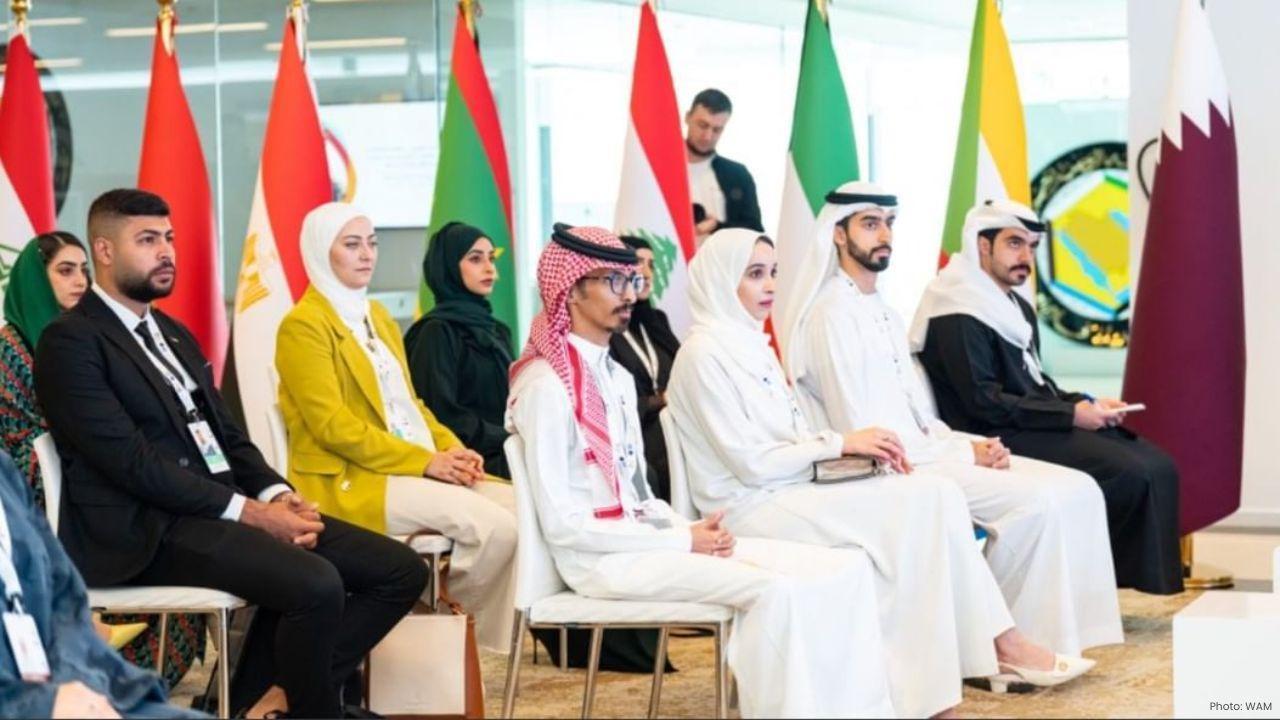

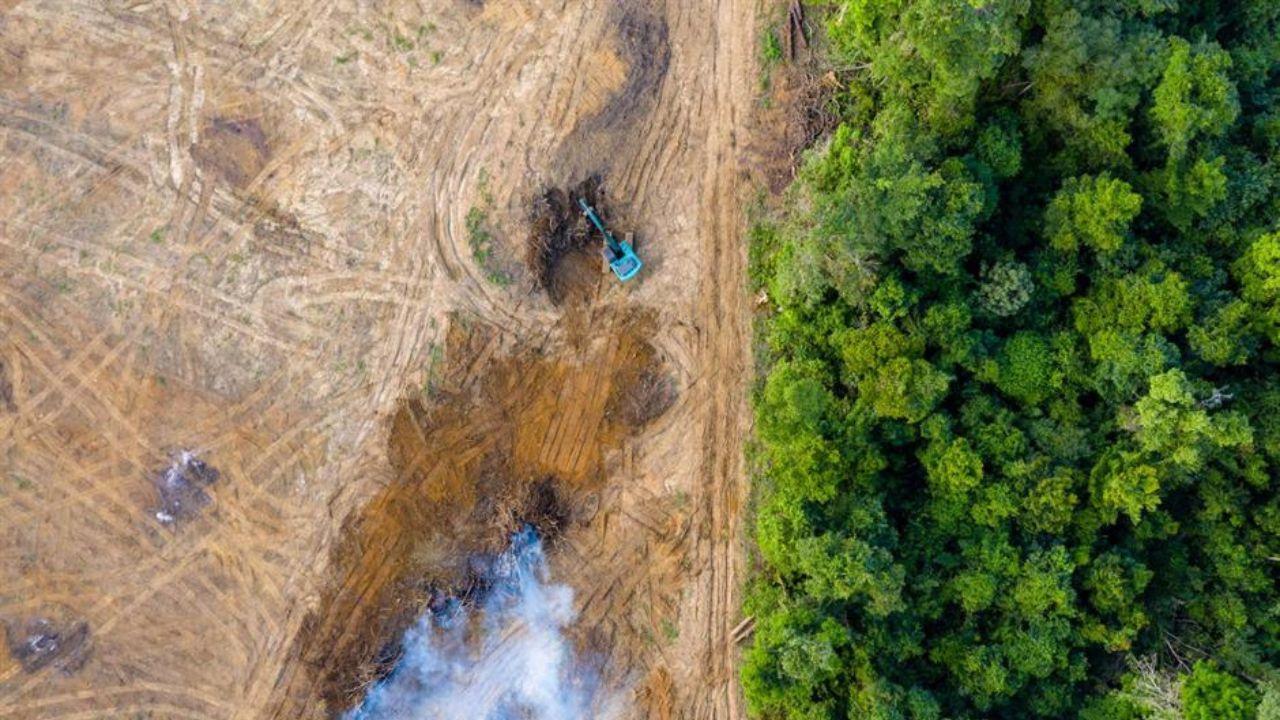
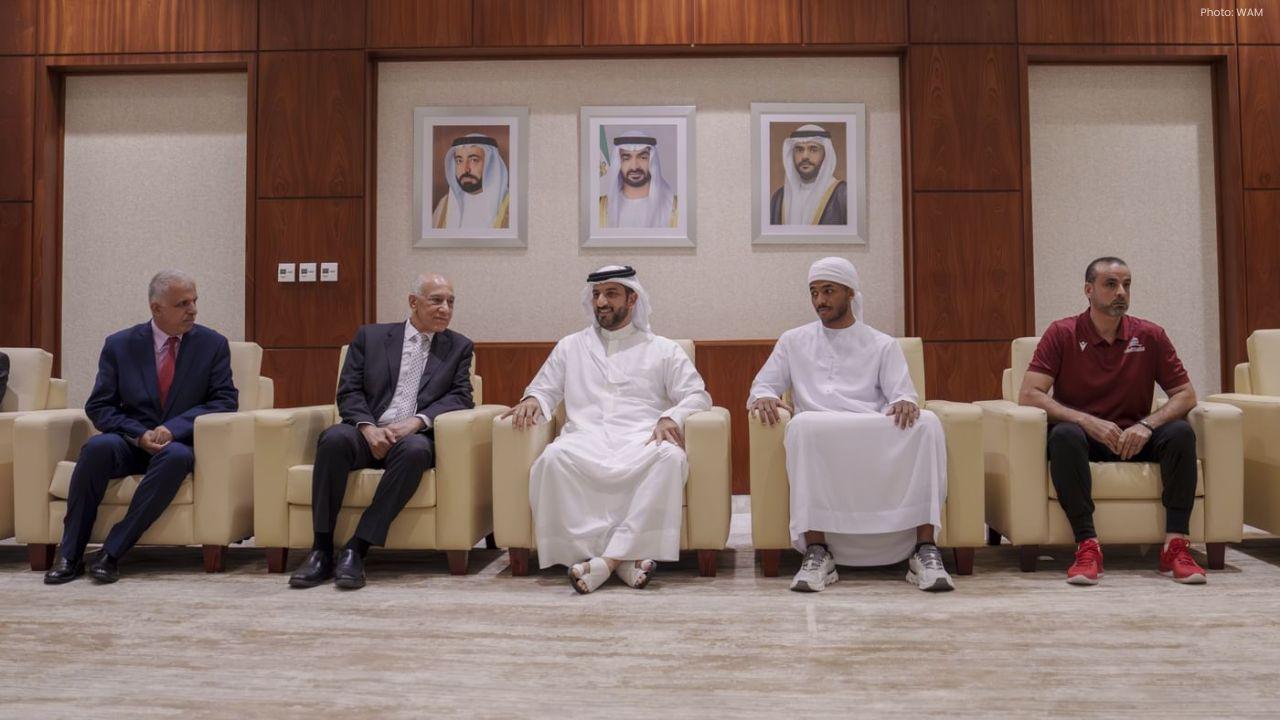
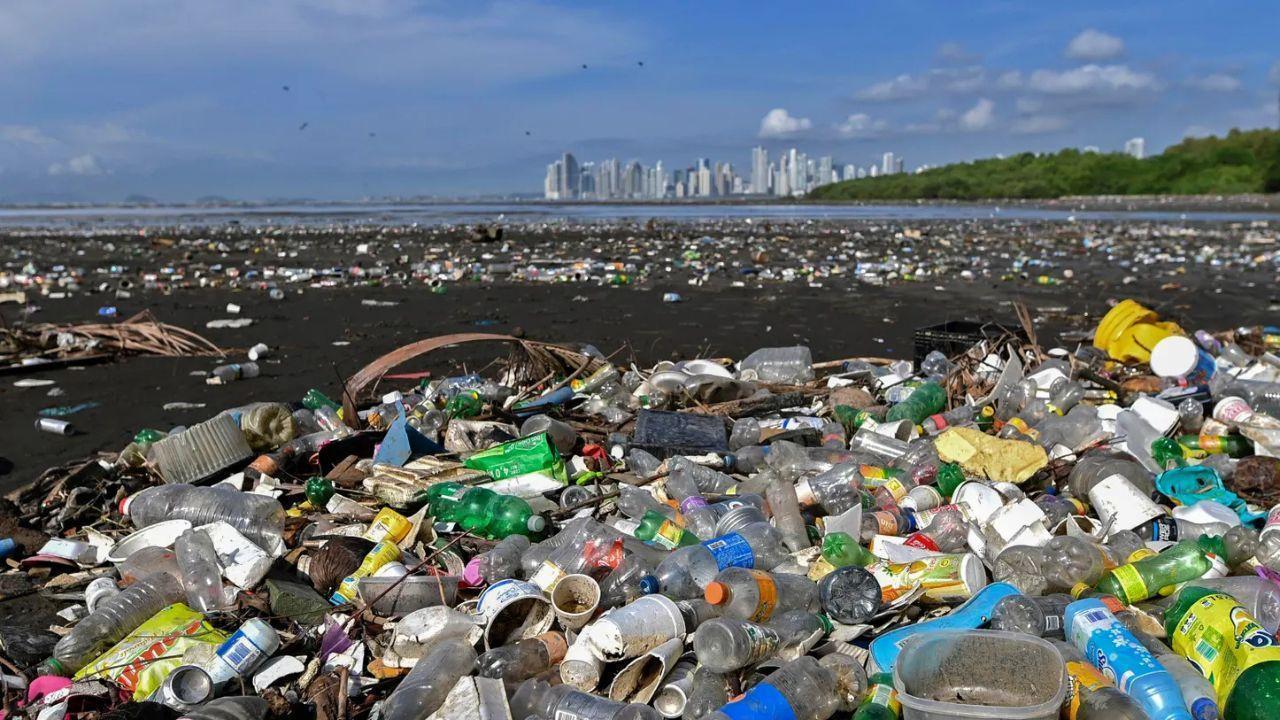
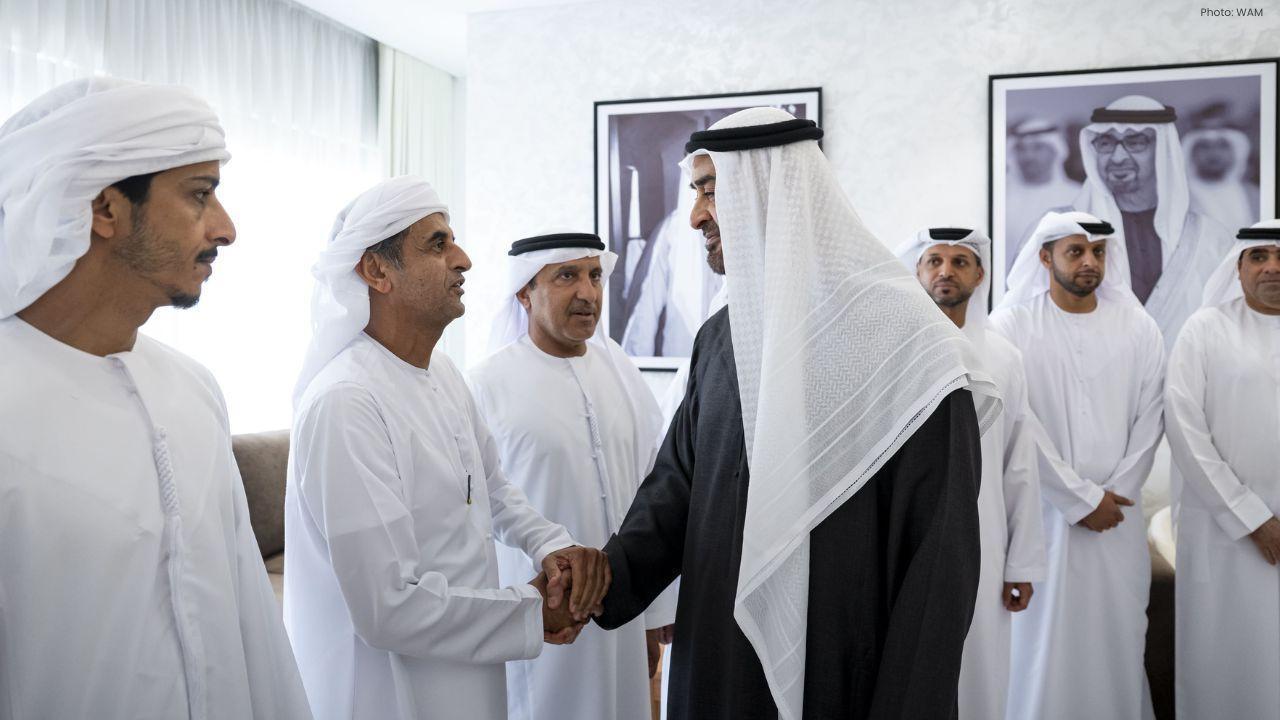
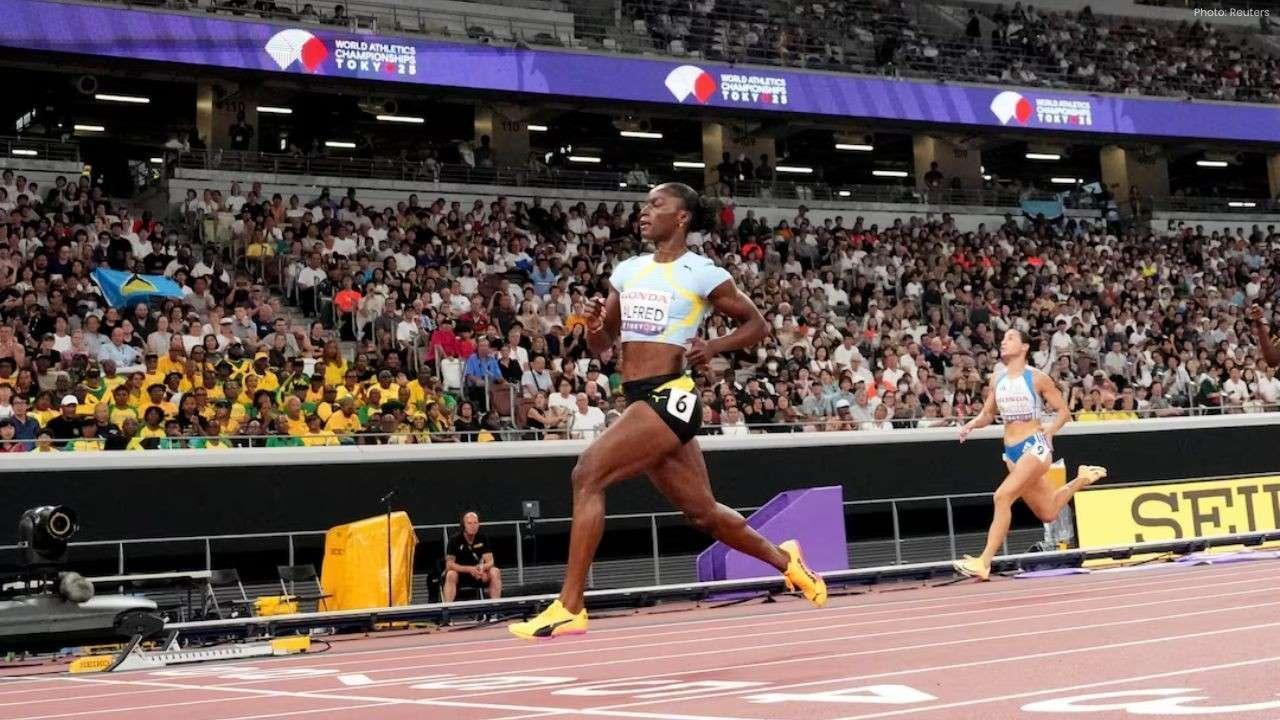


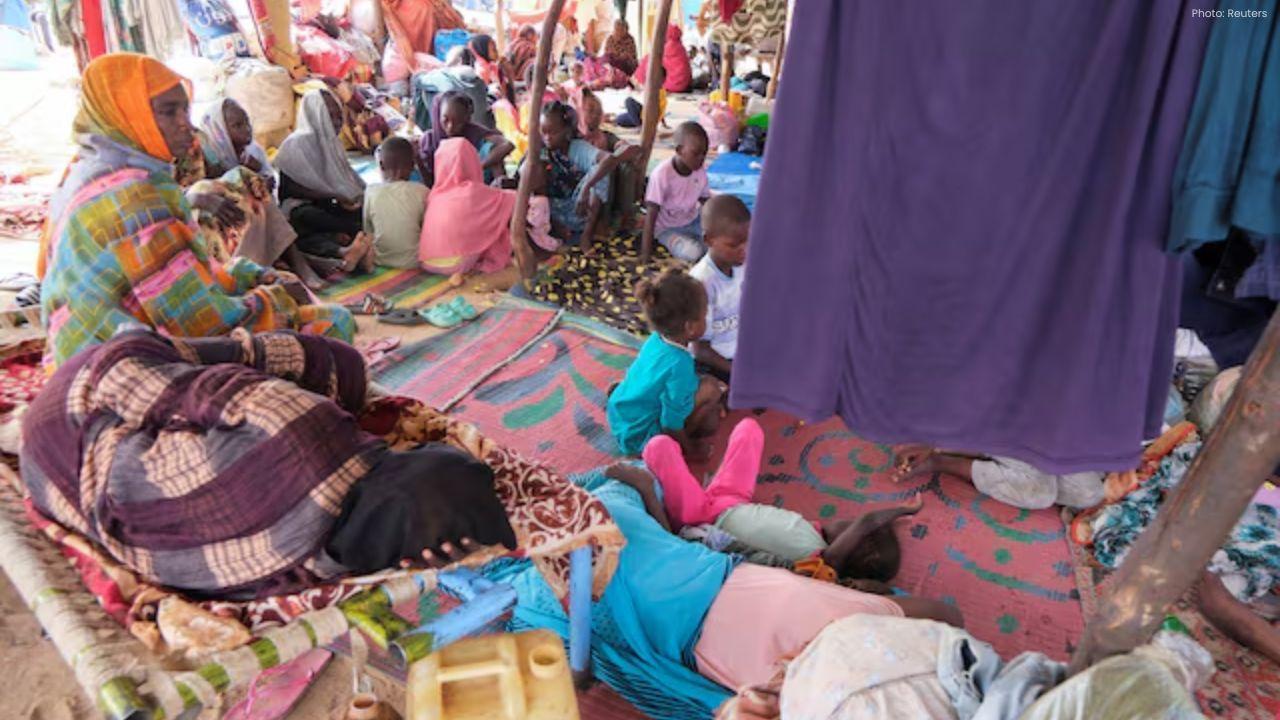
US, Saudi, UAE And Egypt Call For Truce and Peace In Sudan
US, Saudi, UAE, and Egypt urged a 3-month truce in Sudan, pushing for peace, civilian rule, and reli

Sushila Karki Becomes Nepal’s First Woman Interim Prime Minister
Former Chief Justice Sushila Karki was sworn in as Nepal’s interim Prime Minister. She will lead unt
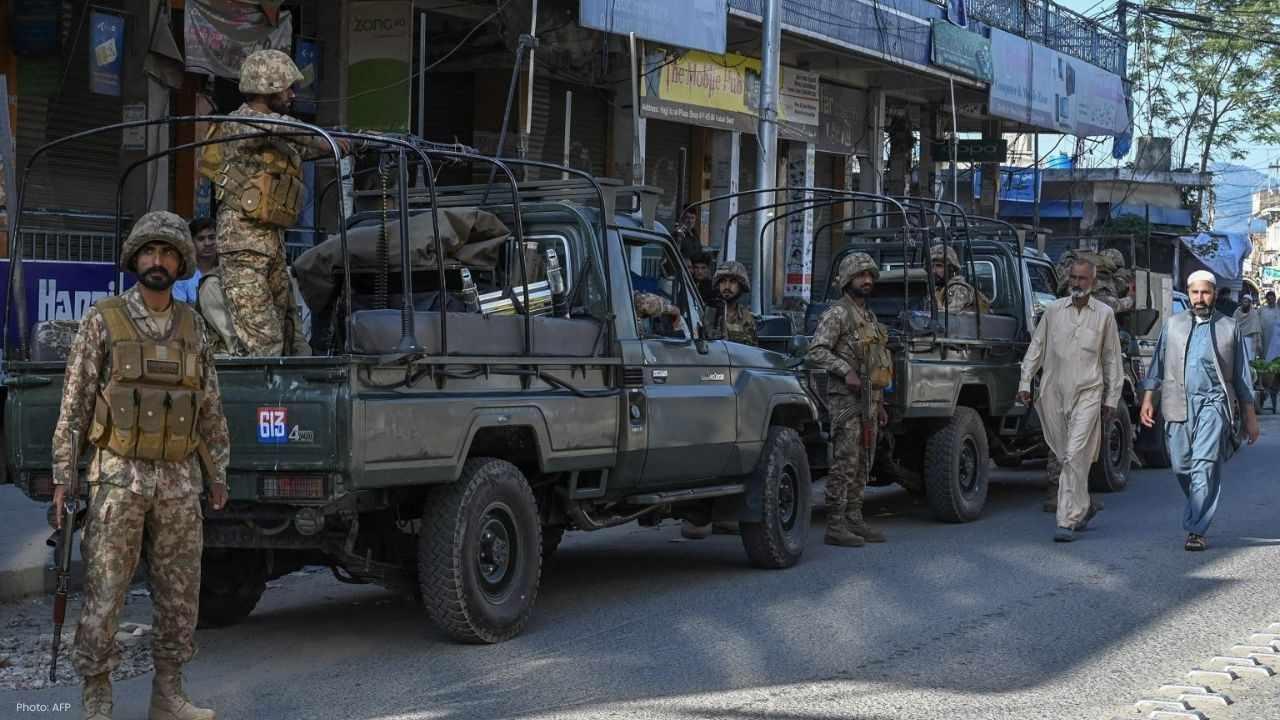
Twelve Soldiers Killed In Militant Attack In South Waziristan
Twelve soldiers were killed in an ambush by militants in South Waziristan near Afghanistan’s border,

Pavel Sivakov Gets Second Place In Québec Bike Race
Pavel Sivakov took second place in the Québec bike race as Julian Alaphilippe won. Tadej Pogačar ret
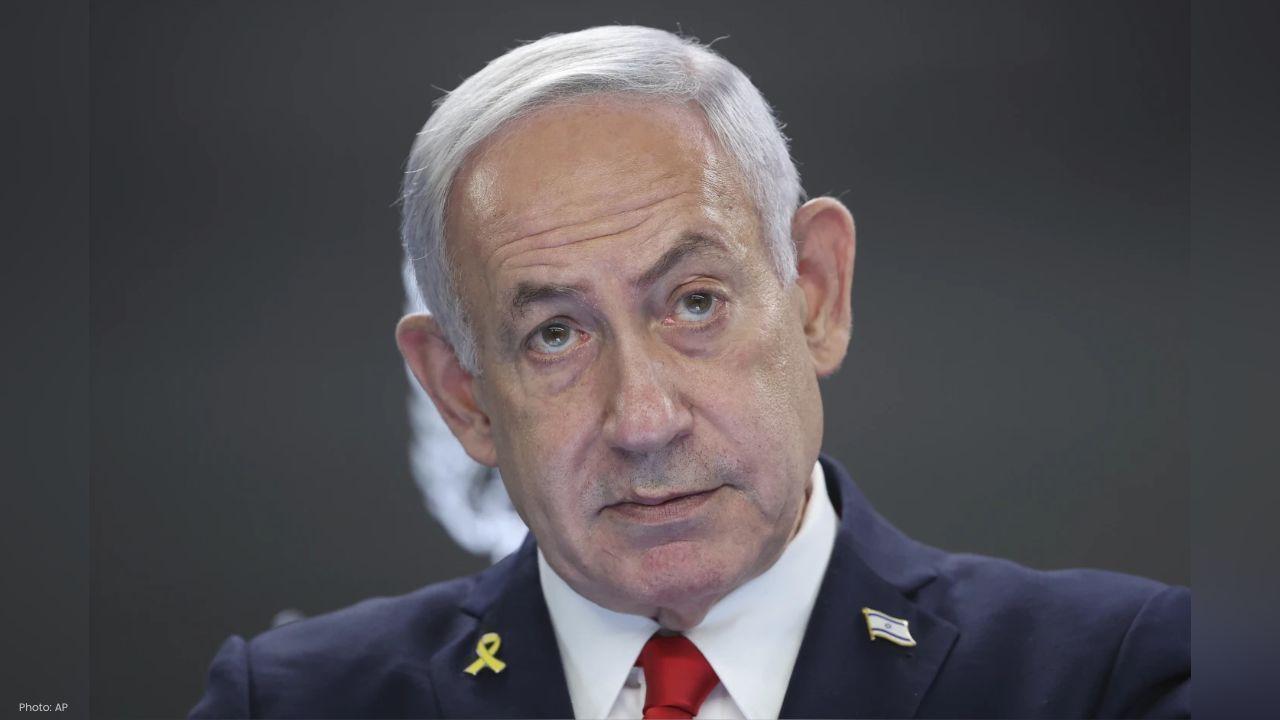
Netanyahu Fails In Qatar Strike As Hamas Leaders Survive
Israel’s strike in Qatar to kill Hamas leaders failed, sparking backlash, harming Netanyahu’s global
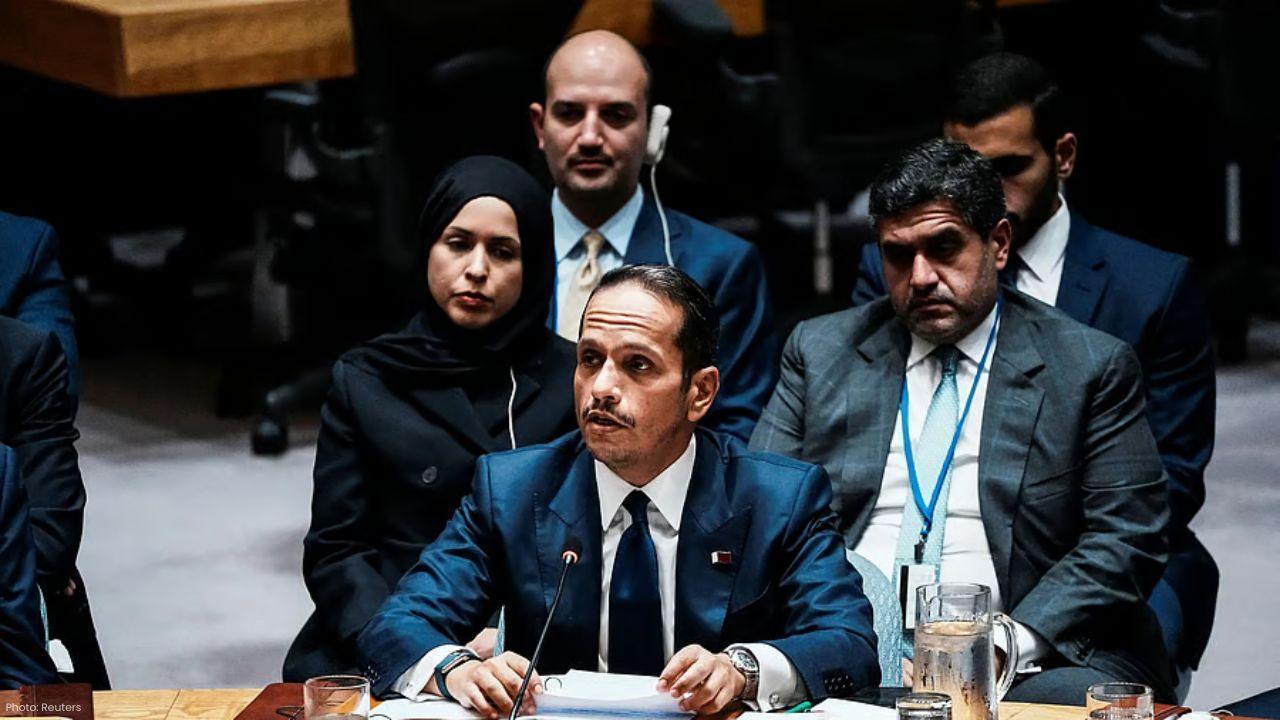
Qatar Prime Minister Meets Trump After Israeli Strike On Doha
Qatar’s Prime Minister meets Donald Trump in New York after Israel’s deadly strike on Doha. Talks fo